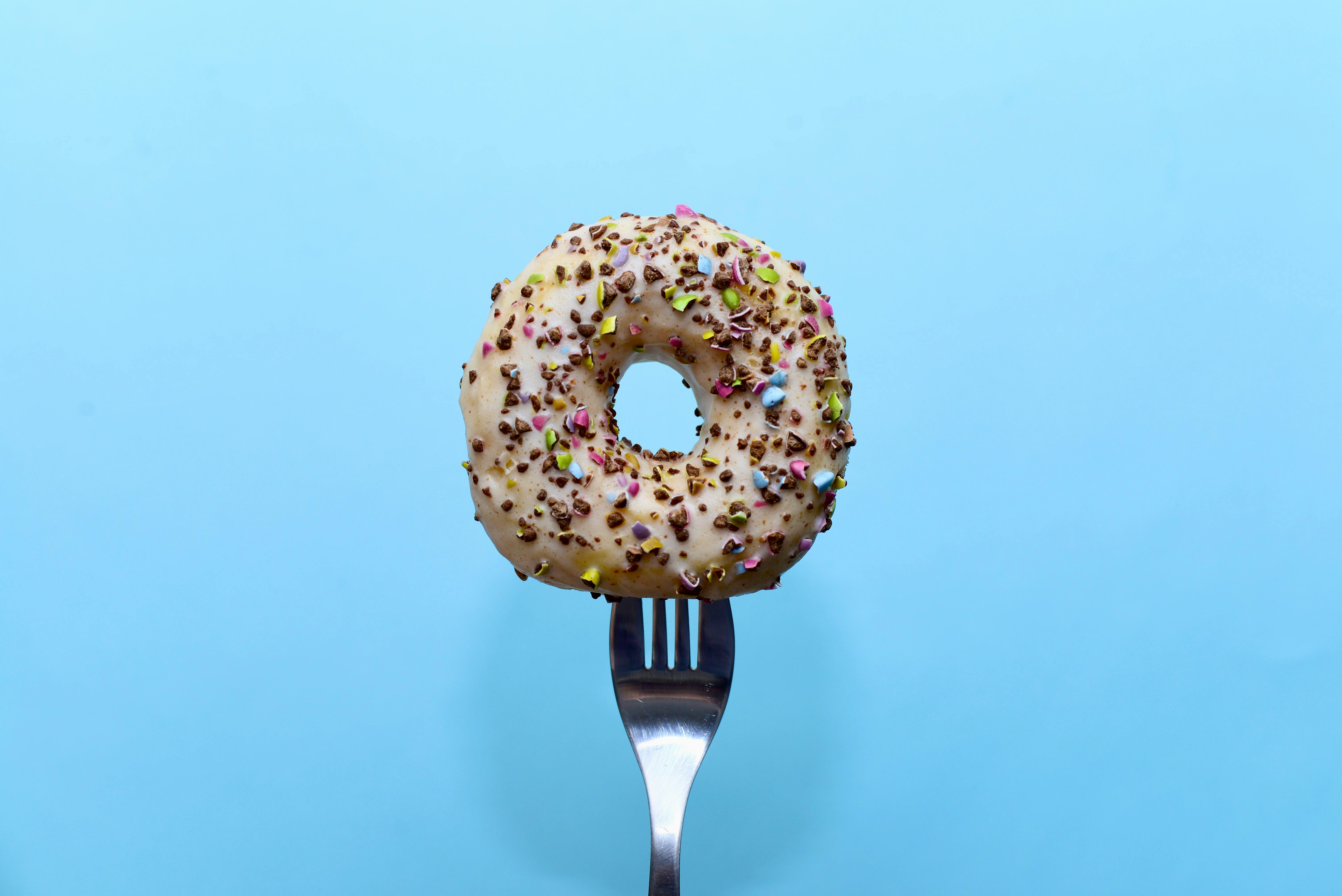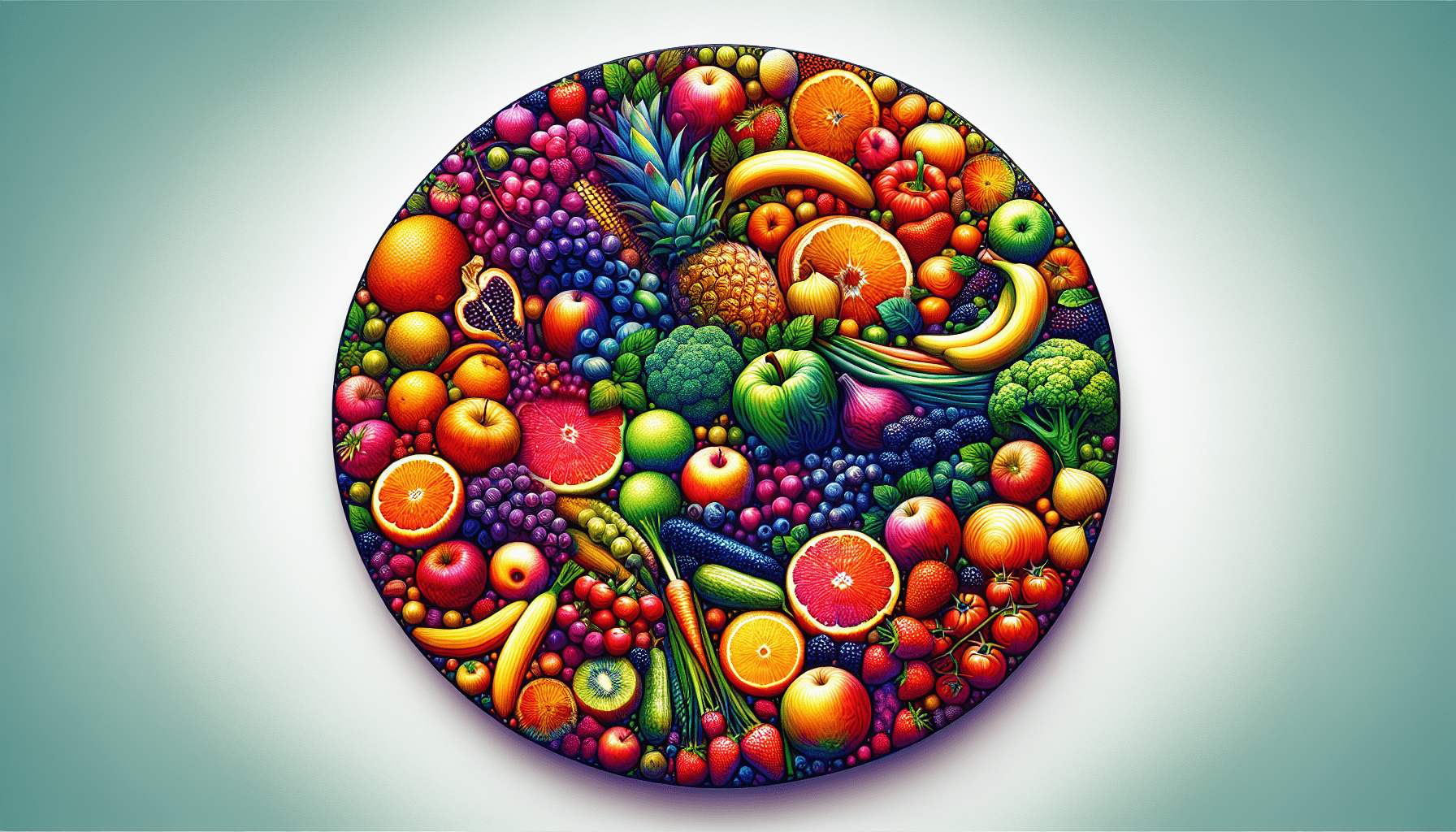Are you looking to make healthier food choices without sacrificing flavor? Look no further – “Eating Smart: Simple Swaps For Big Calorie Savings” has got you covered. In this article, we will explore some easy and delicious food swaps that can help you save calories without compromising on taste. From swapping out sugary drinks for refreshing infused water to choosing whole grain options over refined grains, these simple swaps can make a big difference in your calorie intake. Remember, it’s always important to consult a health professional before making any changes to your diet or exercise routine. So, let’s dive into these smart and tasty swaps that will leave you feeling satisfied and guilt-free!

Discover the Ultimate Weight Loss Secrets Here!
Swap High-Calorie Beverages with Healthier Options
When it comes to making healthier choices, one of the easiest places to start is by swapping out high-calorie beverages for alternatives that are better for your body. One of the first swaps you can make is replacing soda with water. Not only does water quench your thirst without adding any unnecessary calories, but it also helps to keep you hydrated throughout the day. If you’re craving something with a little more flavor, try opting for unsweetened tea or infused water instead of sugary drinks. These options still provide taste without the added sugar and calories.
If you’re a fan of coffee and enjoy flavored coffee drinks, consider making the switch to black coffee. Flavored coffee drinks often contain added sugars and unhealthy fats that can quickly add up in calories. By choosing black coffee, you can still enjoy your daily cup of joe without the unnecessary additions. Lastly, if you’re someone who enjoys fruit juice, consider swapping it out for whole fruits instead. While fruit juice can be a good source of vitamins and minerals, it often lacks the fiber that whole fruits provide. By choosing whole fruits, you’ll not only satisfy your sweet tooth but also benefit from the added fiber content.
Make Smart Protein Choices
Protein is an essential nutrient that plays a crucial role in many bodily functions. However, not all protein choices are created equal. When it comes to making smart protein choices, opting for lean cuts of meat and removing visible fat is a great place to start. By choosing lean meats such as skinless chicken breast or lean cuts of beef, you can still enjoy protein while cutting back on unhealthy fats.
Another smart protein swap is to replace fatty cuts of meat with fish or poultry. These options are often lower in saturated fats and can provide you with valuable omega-3 fatty acids when you choose fatty fish like salmon or trout. If you’re following a plant-based diet or looking to incorporate more plant-based protein sources into your meals, consider adding legumes and tofu to your diet. Beans, lentils, chickpeas, and soy-based products like tofu are all excellent sources of protein that can help you meet your nutritional needs.
Click Here for Proven Fat-Burning Strategies!
Swap Refined Grains for Whole Grains
Grains are a staple in many people’s diets, but not all grains are created equal. Refined grains, such as white bread, white rice, and regular pasta, have had their bran and germ removed, resulting in a loss of fiber and essential nutrients. To make healthier choices, swap out refined grains for whole grains. Whole wheat bread is a great alternative to white bread and provides more fiber and nutrients. Brown rice is an excellent substitute for white rice as it is less processed and retains its natural bran and germ, which holds valuable nutrients and fiber.
When it comes to pasta, choose whole grain options instead of regular pasta. Whole grain pasta is made from whole wheat flour and provides more fiber and nutrients compared to regular pasta. Additionally, by swapping out refined grain cereals for whole grain options, such as oatmeal or whole grain cereal, you can start your day off on the right foot by fueling your body with essential nutrients and fiber.
Choose Nutrient-Dense Snacks
Snacking can be a downfall for many when it comes to maintaining a healthy diet. However, it doesn’t have to be that way. By choosing nutrient-dense snacks, you can keep your hunger at bay while still nourishing your body. Instead of reaching for a bag of chips, try snacking on raw vegetables. Vegetables like carrots, celery, and bell peppers are not only low in calories, but they also provide essential vitamins and minerals.
If you have a sweet tooth, replace sugary snacks with fresh fruits. Fruits are naturally sweet and provide a wide range of vitamins, minerals, and fiber. Choose fruits that are in season for the best flavor and nutritional benefits. Another great snack option is nuts or seeds. These provide healthy fats, protein, and a variety of vitamins and minerals. Just be mindful of portion sizes as nuts and seeds are calorie-dense.
When it comes to yogurt, opt for Greek yogurt instead of flavored yogurts. Greek yogurt is higher in protein and lower in sugar compared to many flavored yogurts on the market. You can add your own fresh fruits or a drizzle of honey for added flavor.

Unlock Your Path to a Healthier You!
Swap Saturated Fats with Healthier Fats
Fat is an essential macronutrient that plays a vital role in many bodily functions. However, not all fats are created equal. When it comes to making healthier choices, swapping saturated fats with healthier fats can have a positive impact on your overall health. Instead of using butter, try using avocado or nut butter as a spread. These options provide healthy fats that can benefit your heart health.
Similarly, when cooking, opt for healthier oils like olive oil or coconut oil instead of vegetable oil. Olive oil contains monounsaturated fats, which have been shown to have positive effects on heart health. Coconut oil, on the other hand, contains medium-chain triglycerides (MCTs), which are a type of saturated fat that may have certain health benefits when consumed in moderation.
Including fatty fish like salmon in your diet can also provide you with healthy omega-3 fats. Omega-3 fats have been shown to have numerous health benefits, including reducing inflammation and improving heart health. If you consume dairy products, choose low-fat options over full-fat versions to reduce your intake of saturated fats.
Make Healthy Breakfast Choices
Breakfast is often referred to as the most important meal of the day, and for a good reason. It jumpstarts your metabolism, provides you with energy, and sets the tone for the rest of the day. When making healthy breakfast choices, opt for whole grain cereals or oatmeal instead of sugary cereals. Whole grain cereals and oatmeal are higher in fiber and provide you with lasting energy to start your day.
If you’re someone who enjoys pastries or muffins for breakfast, consider swapping them out for homemade smoothies. Smoothies can be made with a variety of fruits, vegetables, and protein sources like Greek yogurt or nut butter. They are a delicious and nutritious way to start your day.
When it comes to making eggs for breakfast, opt for poached or boiled eggs instead of fried eggs. Poached or boiled eggs are prepared without added oils or fats, making them a healthier choice. Including protein-rich foods in your breakfast, such as Greek yogurt or nut butter, can help keep you feeling full and satisfied until your next meal.

Swap High-Calorie Dressings and Sauces
Dressings and sauces can add flavor to your meals, but many store-bought options are loaded with calories, added sugars, and unhealthy fats. When it comes to making healthier choices, opt for vinaigrette or homemade dressings on salads instead of creamy dressings. Vinaigrette dressings often use healthier oils like olive oil and are lighter in calories compared to creamy dressings.
If you’re a fan of sauces like mayonnaise-based dressings, consider replacing them with Greek yogurt-based alternatives. Greek yogurt can provide a creamy texture and tangy flavor while reducing the overall calorie and fat content of the sauce. Additionally, when choosing sauces for dishes like pasta or stir-fries, opt for tomato sauce or salsa instead of high-calorie creamy sauces.
You can also experiment with using natural herbs and spices to add flavor to your meals instead of relying on high-calorie sauces. Not only do herbs and spices provide additional taste, but they also come with their own health benefits. For example, turmeric has anti-inflammatory properties, while garlic and ginger can boost your immune system.
Make Water the Beverage of Choice
Water is essential for our bodies to function properly, yet it is often overlooked in favor of sugary drinks and other beverages. When it comes to making healthier choices, it’s important to make water your beverage of choice. Water is calorie-free, hydrating, and essential for maintaining overall health. By replacing sugary drinks like soda or fruit juices with plain water or infused water, you can significantly reduce your calorie intake while staying properly hydrated.
If you’re looking for some variety, consider opting for unsweetened tea or coffee instead of flavored drinks. Unsweetened tea, whether it’s black, green, or herbal, can provide antioxidants and other health benefits without the added sugars. Similarly, black coffee is a calorie-free option that can give you a boost of energy without any additional calories.
Including herbal teas in your daily routine can also be a refreshing and calorie-free option. Herbal teas come in various flavors and can provide additional health benefits depending on the ingredients used. Whether you choose chamomile for relaxation or peppermint for digestion, herbal teas are a great way to stay hydrated without adding any calories.

Swap High-Calorie Side Dishes
Side dishes often play a significant role in our meals, and by making healthier choices, we can reduce the calorie content without sacrificing taste. Instead of French fries, which are typically deep-fried and high in unhealthy fats, consider swapping them for baked sweet potato fries. Sweet potatoes are nutrient-dense and provide more fiber and vitamins compared to regular potatoes.
When it comes to choosing side dishes like vegetables, opt for steamed options instead of creamy or buttery alternatives. Steaming vegetables helps to retain their nutrients and provides a healthier cooking method compared to frying or sautéing. Whole grain options like quinoa or brown rice are also great substitutes for white rice. Whole grains are higher in fiber and nutrients, making them a healthier choice for your side dish.
Lastly, consider including a salad or fresh fruit as a healthy side dish. Salads are a great way to incorporate a variety of vegetables into your meal, and you can get creative with different toppings and dressings. Fresh fruit provides natural sweetness and a plethora of vitamins and minerals. Whether you choose berries, melons, or citrus fruits, these options will add color and flavor to your plate.
Note:
While making these swaps can have a positive impact on your overall health, it’s important to consult a health professional before making any changes to your diet or exercise routine. They can provide personalized guidance and make recommendations based on your specific needs and health goals. Remember, everyone’s nutritional needs are different, and what works for one person may not work for another. Take the time to listen to your body and make choices that align with your individual health and wellness journey.

